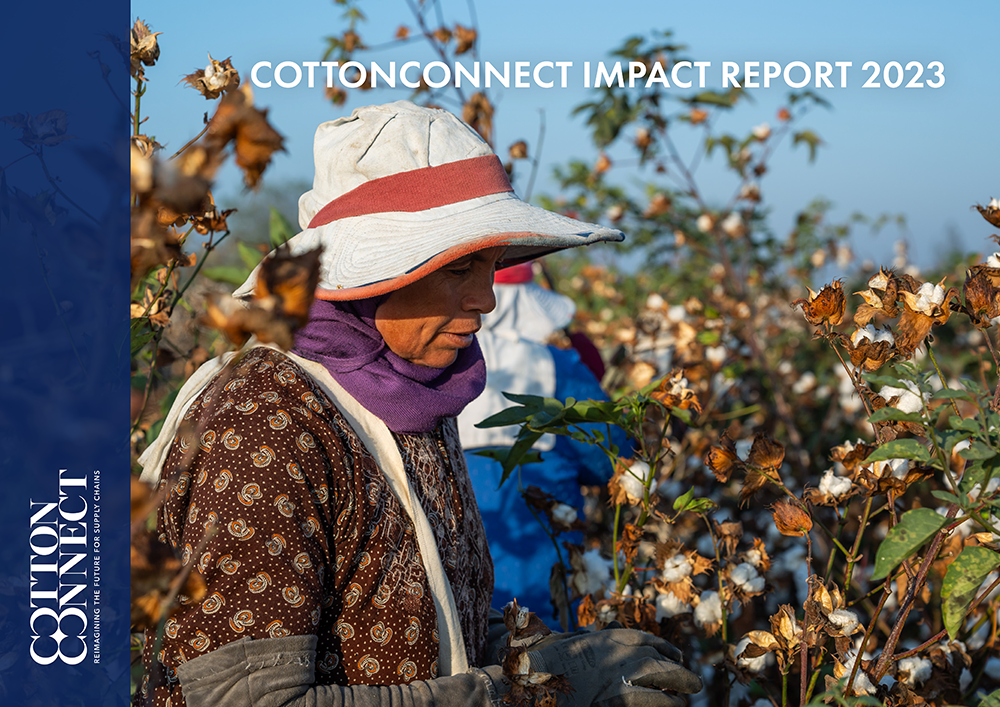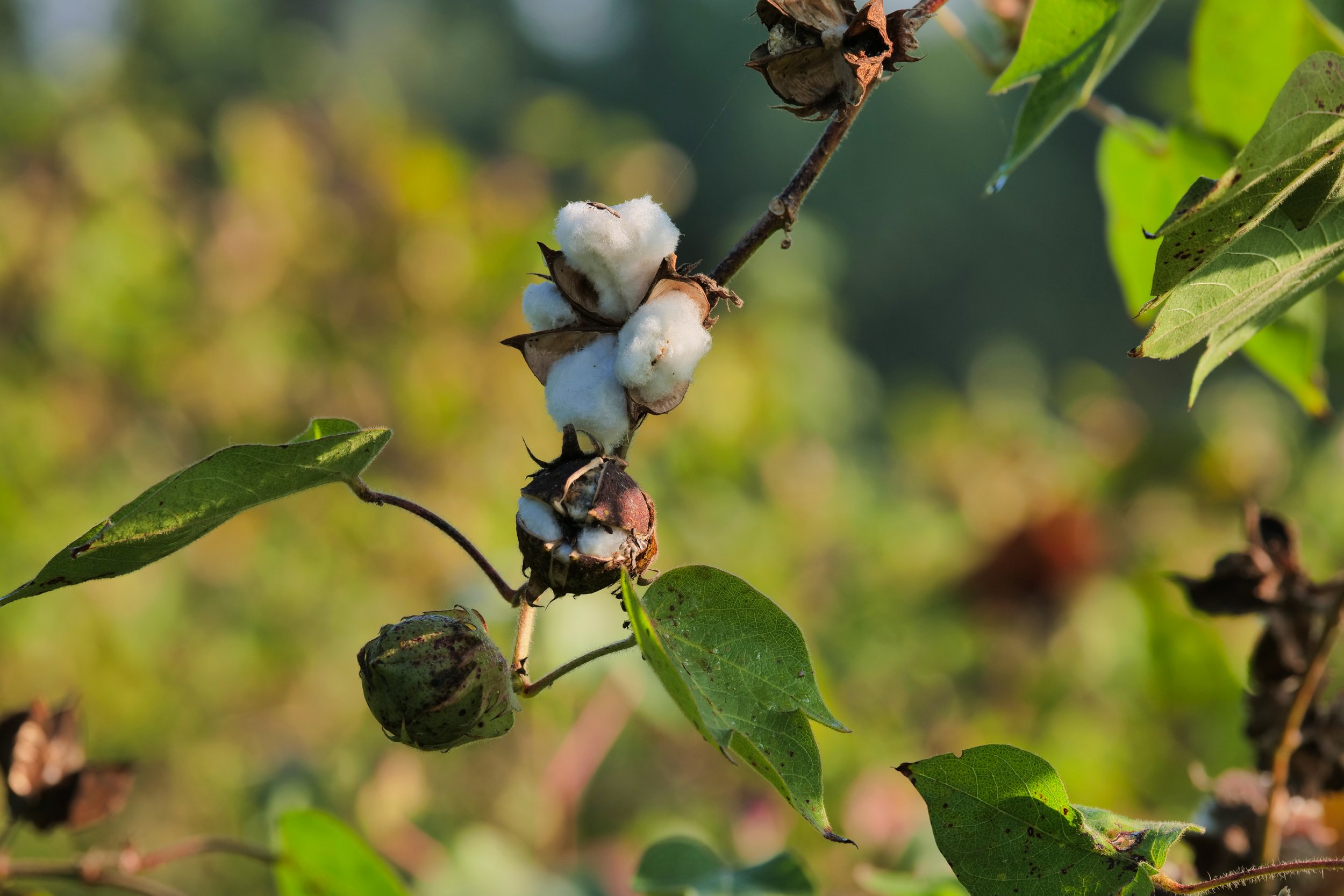CottonConnect publishes Impact Report 2023

Highlights
REEL Cotton programmes achieved positive results in 2022- 23, reducing the use of chemical pesticides, chemical fertilisers and water, while increasing farmers’ yields and incomes. The efficacy of the programme continued through expansion in both size of projects and new regions.
A preliminary first-year assessment of the REEL Regenerative pilot shows significant progress in the adoption of some regenerative agricultural practices and measurable lower carbon emissions per acre, while some practices take time to adopt.
Traceability of sustainably produced cotton has been maintained through the expansion of projects, with an increase in cotton lint being traced through TraceBale.
The HSSE programme for gins is delivering significant improvements in health and safety practices for gin workers.
Pilots supporting women in cotton farming in relation to climate change adaptation, entrepreneurship, and women’s rights show promising signs of expanding further.
Our second Impact Report updates on CottonConnect’s REEL Cotton, REEL Regenerative, Women in Cotton, Organic, and Responsible Gins programmes and reports how they are delivering positive environmental and social outcomes.
In the cotton growing year 2022-23 the REEL Cotton programme continued to support farmers in reducing the use of water (21.6%), chemical fertilisers (14.4%), and chemical pesticides (17.1%), whilst increasing yields (18.5%) and profit (47%), compared with control farmers.
We are pleased that the positive results have continued this year, even during a period of expansion in both farmer numbers and geographical regions.
During 2022-23 CottonConnect trained over 523,000 farmers in sustainable agricultural programmes in India, Pakistan, Bangladesh, China, and entered a new cotton growing region, Egypt.
The measurement and verification of these results assures brands that the cotton is grown in a sustainable way, reducing impact on the environment and improving farmers’ livelihoods. In 2022-23, 170,250 MT of cotton lint was traced through CottonConnect’s TraceBale software. With full traceability into their supply chains, brands can demonstrate how sustainable cotton sourcing contributes to their ESG goals.
The Impact Report 2023 also gives an update on our projects underway to meet the needs of farmers in the areas of climate change resilience, soil health, and women’s entrepreneurship, as well as innovation in physical and digital traceability of cotton.
Download the Impact Report 2023






























